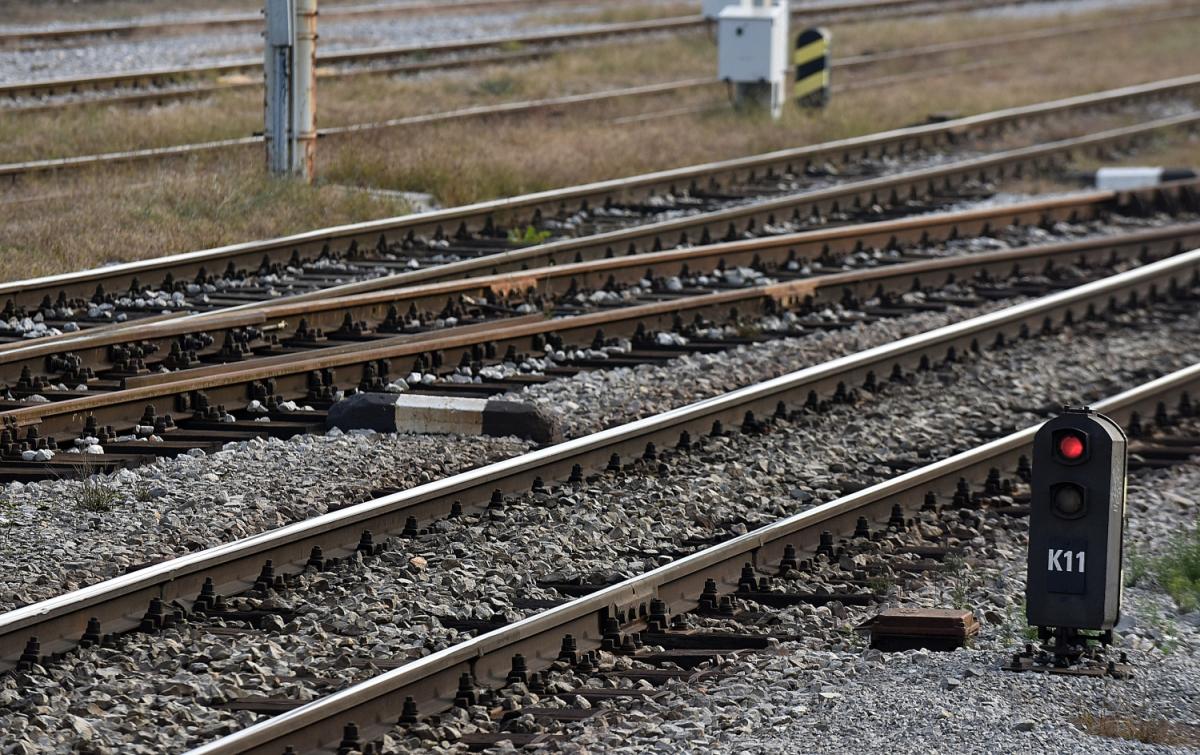
The opposition, and at times also the SD Social Democrats, strongly criticized the government and relevant ministry about the way it handled the project. However, a coalition agreement that the second track has to be backed prevailed in the end. Plans for the second rail track have been around for 20 years now. So, what does the new bill bring and what will the next steps be?
The bill on the second rail track has cemented the role of the 2TDK company in the project. 2TDK means Second Track Divača Koper. The company, initially envisaged to support a public-private partnership, will now be owned by states: Slovenia and at least one more landlocked country. That means a public-public partnership. Talks with Hungary will resume on Tuesday, to see if it is ready to invest up to 200 million euros. The results of the talks will be known in June. The 2TDK company will thus be the investor and concession holder of the second rail track. The construction permit will be transferred to the company's name. The number of employees in the company will increase from the current two to twelve.
EU bankers are to receive all the documentation on the project at the end of May. Whether Slovenia's application for EU grants from the CEF mechanism will be successful will be known in June. Preparation work, amounting to 70 million euros, cannot start without those funds. If the EU does not approve the grant, the government will have to look at other options. In other words, a lot depends on what happens with the EU funds. The 2TDK company will also have to polish up its application for the next call for applications in mid-July. Until then it will be known whether it will be possible to widen the tubes at three tunnels, and thus pave the way for a second rail track. Part of the existing track, where wild fires often break out, would then cease to function. A civil initiative headed by Jože Damijan plans to be active during the whole process. It says the government refuses to listen and that it is considering a possible referendum or the filing of a constitutional appeal.
Maja Derčar, Radio Slovenija; translated by K. J.

































































